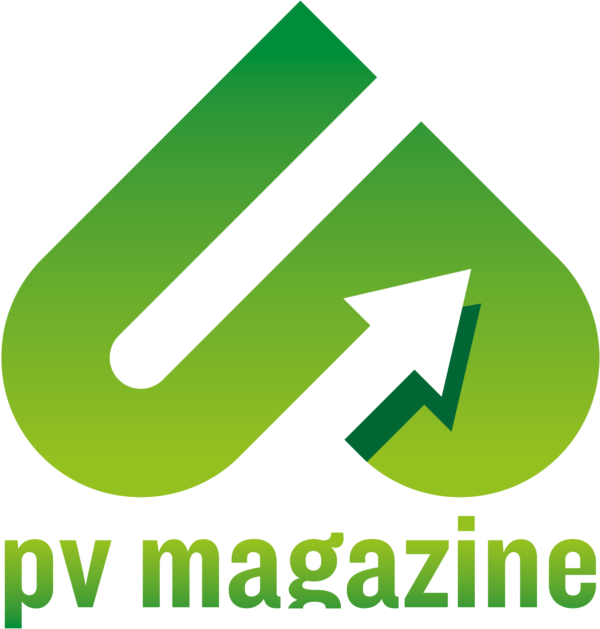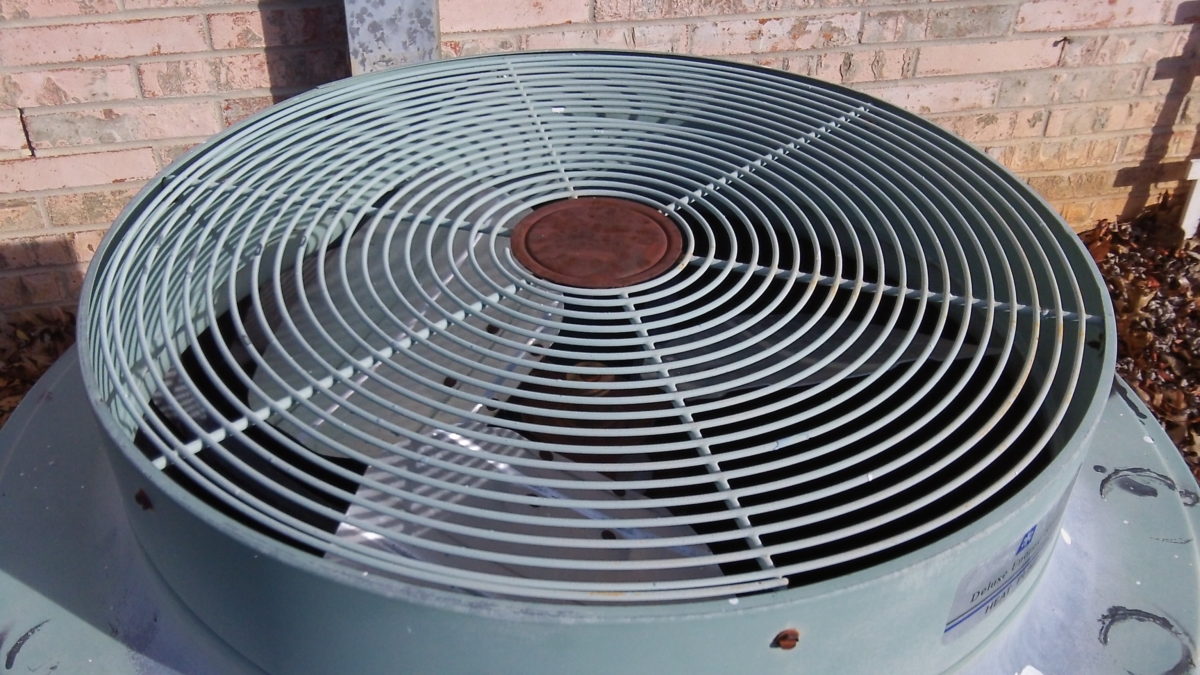Scientists from the IVL Swedish Environmental Research Institute, Italian company Rina Consulting, and the Cartif Technological Centre in Spain have identified the most common non-technical barriers that are preventing solar-powered heat pumps from becoming a mainstream solution for both heating and cooling in European markets.
The research group collected data from a literature review and a survey of European stakeholders and found that the level of market acceptance may vary considerably between countries and stakeholders. “In all countries, the investment cost of the technologies is perceived as a barrier for adoption,” it explained, noting that two more factors reducing market acceptance are financial concerns and sociodemographic factors such as public perception and peer effects.
Urban Solar
 Buildings are key to our daily lives and significantly impact our health and wellbeing. The majority also have substantial carbon footprints, employing heavy use of fossil fuels across their lifetimes, from their construction, use, and demolition phases. In Q4 2021, pv magazine’s UP Initiative focuses on the role solar and energy storage can play in greening the world’s urban spaces. Read our Urban Solar coverage
Buildings are key to our daily lives and significantly impact our health and wellbeing. The majority also have substantial carbon footprints, employing heavy use of fossil fuels across their lifetimes, from their construction, use, and demolition phases. In Q4 2021, pv magazine’s UP Initiative focuses on the role solar and energy storage can play in greening the world’s urban spaces. Read our Urban Solar coverageAccording to their analysis, for example, the barriers are mostly legal and organizational in Spain, while in Germany initial investment costs represent the main concern. “Economic concerns are perceived as the main barriers among public building owners and the general public,” the academics said. “Businesspeople perceive the greatest number of barriers including economic concerns, lack of information, trust, lack of business models and legal issues, while private building owners perceive the least number of barriers, which are only related to economic concerns.”
Many respondents stressed that installing a solar heat pump is now becoming particularly attractive as it increases the value of a property, as shown by another recent study from the University of Maryland. “This aspect should be promoted in communication for all countries,” the scientists said. On the other hand, for all countries included in the survey, the lack of proper business models, high upfront costs, and long payback periods are pointed out by the research group as the key barriers for wider adoption of heat pumps in combination with photovoltaics.
The findings of the survey, which was conducted in the frame of the SunHorizon project, were presented in the paper Social and market acceptance of photovoltaic panels and heat pumps in Europe: A literature review and survey, published in Renewable and Sustainable Energy Reviews. “A goal of the SunHorizon research project is to combine innovative solar and heat pump technologies into technology packages that can unlock the potential for mass-customized, user-friendly, and cost-effective solutions for heating and cooling,” the paper reads.
This content is protected by copyright and may not be reused. If you want to cooperate with us and would like to reuse some of our content, please contact: editors@pv-magazine.com.




Any potential customer could have given you the same result as that research group for zero cost.